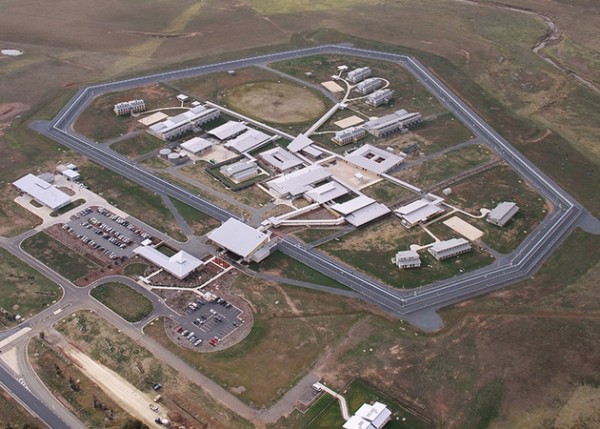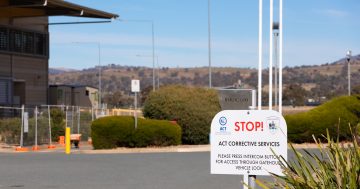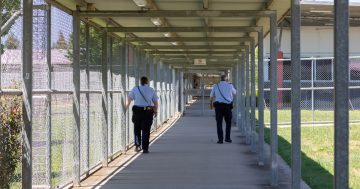
The Alexander Maconochie Centre, where Stephen Freeman died in custody.
A new independent agency is to be established to oversee the conduct of the ACT’s correctional centres and services as well as review critical incidents.
Minister for Corrections Shane Rattenbury said that under new laws introduced last week a new Inspector of Correctional Services will be able to conduct unannounced visits to jails and court cells, and provide independent reports to the Legislative Assembly.
He said the Inspector would ensure improved care, safety and health of detainees in correctional facilities.
Mr Rattenbury said the Inspector of Correctional Services Bill 2017 delivered on the Government’s commitment made in response to the Moss Review into the tragic death in custody of Steven Freeman.
He said the Inspector would provide a systematic and regular review of correctional centres and services and lead sustainable change towards best practice in the ACT.
“The establishment of an Inspector of Correctional Services will focus reform efforts, keep a steady eye on correctional facilities and services and support the implementation of real change,” Mr Rattenbury said.
“Our correctional facilities must operate at the high standards that our community rightly expects and this new model of external oversight will help ensure they do so.
“This will increase transparency and accountability, and deter mismanagement, unfairness and corruption.”
The Inspector will work with, but be distinct from, the existing oversight mechanisms undertaken by the Human Rights Commission, ACT Ombudsman, Public Advocate and the Official Visitors program.
The Inspector will undertake comprehensive and systemic inspections of correctional centers and services every two years, review critical incidents, and particular issues referred by the responsible Minister or Director-General.
Once appointed, the Inspector will commence its functions at the Alexander Maconochie Centre immediately, and within two years through a phased implementation at the Bimberi Youth Justice Centre.
Minister for Disability, Children and Youth Rachel Stephen-Smith said the youth justice environment in the ACT was different to that of adult correctional facilities and required more time and expertise for full implementation.
“The ACT’s youth justice centre operates services and programs that are trauma-informed, recognising the impact of traumatic experiences on young people’s behaviour and capacity to address issues. The Inspector must have appropriate trauma-informed expertise to ensure the specific needs of young people are met, including young people with a disability,” she said.
“We also need to ensure that all matters regarding the operation of the Inspectorate and the provisions of the Children and Young People Act 2008 around issues such as client privacy are fully worked through.”
“The establishment of an Inspector of Correctional Services will focus reform efforts, keep a steady eye on correctional facilities and services and support the implementation of real change,” Mr Rattenbury said.
“Our correctional facilities must operate at the high standards that our community rightly expects and this new model of external oversight will help ensure they do so.
“This will increase transparency and accountability, and deter mismanagement, unfairness and corruption.”
An expression of interest process for the Inspector position has been advertised nationally.





















